Ghislaine Maxwell ‘likely has grounds to claim mistrial’
Second juror from Ghislaine Maxwell trial claims to have been sexually abused as a child and says his story influenced the jury.
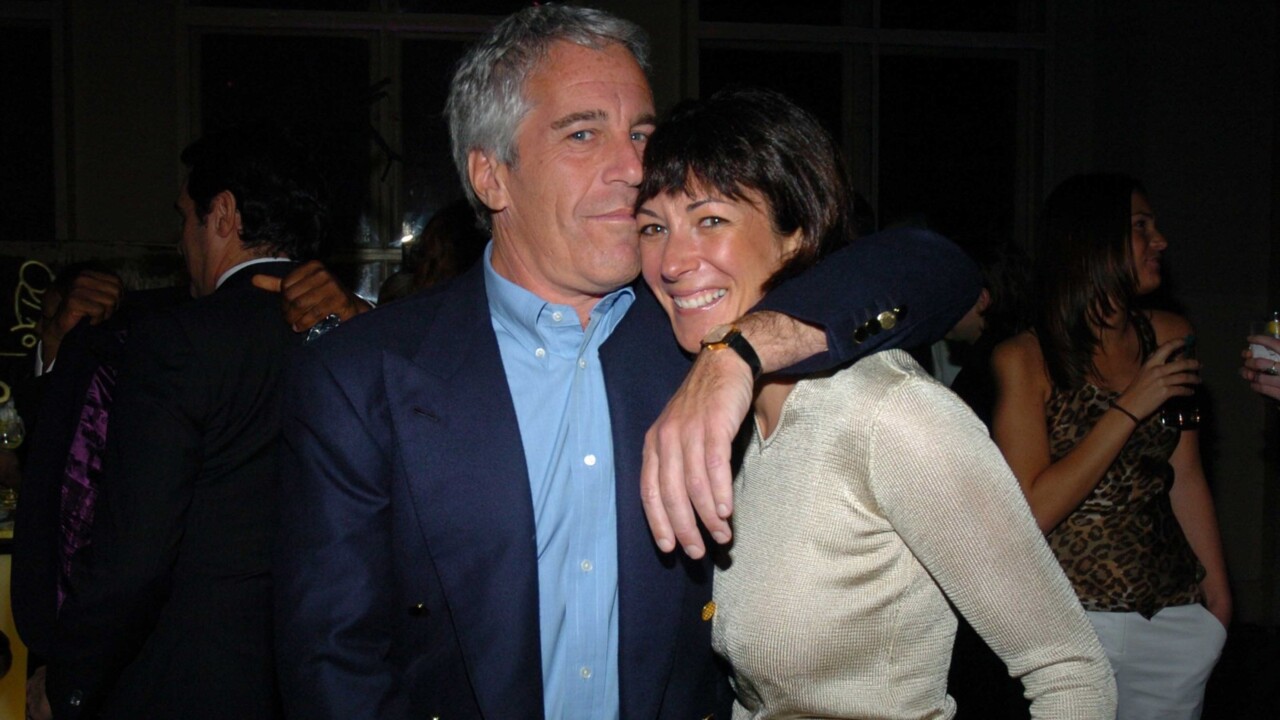
A second juror from the Ghislaine Maxwell trial claimed to have been sexually abused as a child and spoke of the experience during deliberations, prompting legal experts to warn that the disgraced socialite may have grounds for a retrial.
The new revelations have raised further questions over the process by which the jury was chosen as Maxwell’s lawyers prepare a motion arguing that she deserves another hearing. She was convicted late last month on five charges relating to the trafficking and transportation of teenagers who were sexually abused by the late financier Jeffrey Epstein. The trial lasted three weeks and the jury deliberated for more than 40 hours.
Days later one of them spoke publicly about how they had reached the verdict, explaining that his own story of childhood sexual abuse had helped to quell doubts among some fellow jury members over why accusers in the case waited years before coming forward.
A second juror has since told The New York Times that they too spoke of an experience of childhood sexual abuse during deliberations and that their story helped to shape discussions.
Questions are being raised over whether the jurors identified themselves as survivors of sexual abuse on a jury questionnaire. Those who answered “yes” were then asked if they believed they could serve impartially in a case involving sexual abuse. The admission would also be likely to prompt follow-up questions from the judge during jury selection, a process known as voir dire, during which candidates can be ruled out because of possible bias. Both sides are also permitted a given number of “pre-emptory challenges”, to “strike” candidates without proving there is a reason to exclude them.
The first juror to come forward, identified by his first and middle names, as Scotty David, 25, from Manhattan, said that he “flew through” the questionnaire and could not remember being asked the question.
He has now retained Tod Spodek to represent him. The defence lawyer previously represented Anna Sorokin, who was jailed for fraud in 2019 for falsely posing as a wealthy German heiress, and was released early last year.
Maxwell’s lawyer, Jeffrey Pagliuca, has claimed that the first juror’s public statements provide enough evidence for Judge Alison Nathan to order a new trial. Prosecutors, for their part, have asked Nathan to conduct an inquiry.
Legal experts said yesterday (Thursday) that the jurors’ disclosures could undermine the verdict against Maxwell, 60, particularly if it is proved that they did not answer the jury questionnaires honestly.
“This is an absolute train wreck,” said Neama Rahmani, a former federal prosecutor who is now president of West Coast Trial Lawyers. “I believe that it’s likely going to result in a mistrial.”
He said the call by prosecutors for an inquiry suggested that the first juror had not correctly answered the selection questionnaire. “They in their own minds believe that something inappropriate happened.” For Nathan to appoint a lawyer for the juror suggested that “she believes a crime may have been committed, of perjury”. The juror “told media outlets that there were undecided jurors and he convinced them based on his own experience”, Rahmani said. “This is the prosecutor’s nightmare. You spend weeks to get a guilty conviction and then you have a juror who basically admits perjuring himself.”
Moira Penza, a partner at Wilkinson Stekloff and a former prosecutor in Brooklyn, said that in case law, “if it is found that a juror purposely misled the court in order to get on a jury then you are almost certainly looking at a new trial”. But if Nathan found that the juror had made a mistake, the question would be: ‘If this information had been known to me at the time of voir dire, would I have allowed this challenge for cause?’ ” If the answer is yes, she would order a new trial, Penza said.
Arlo Devlin-Brown, a former federal prosecutor told The New York Times: “Dishonesty during the selection process goes to the very integrity of the proceedings and credible allegations of such are taken very seriously.”
Mitchel Epner, of Rottenberg Lipman Rich, noted that the judge had questioned jurors partly in chambers. “Having spend decades working with survivors of sexual assault and abuse, I know that being asked about any history of sexual abuse is often a traumatising experience,” he said.
The Times

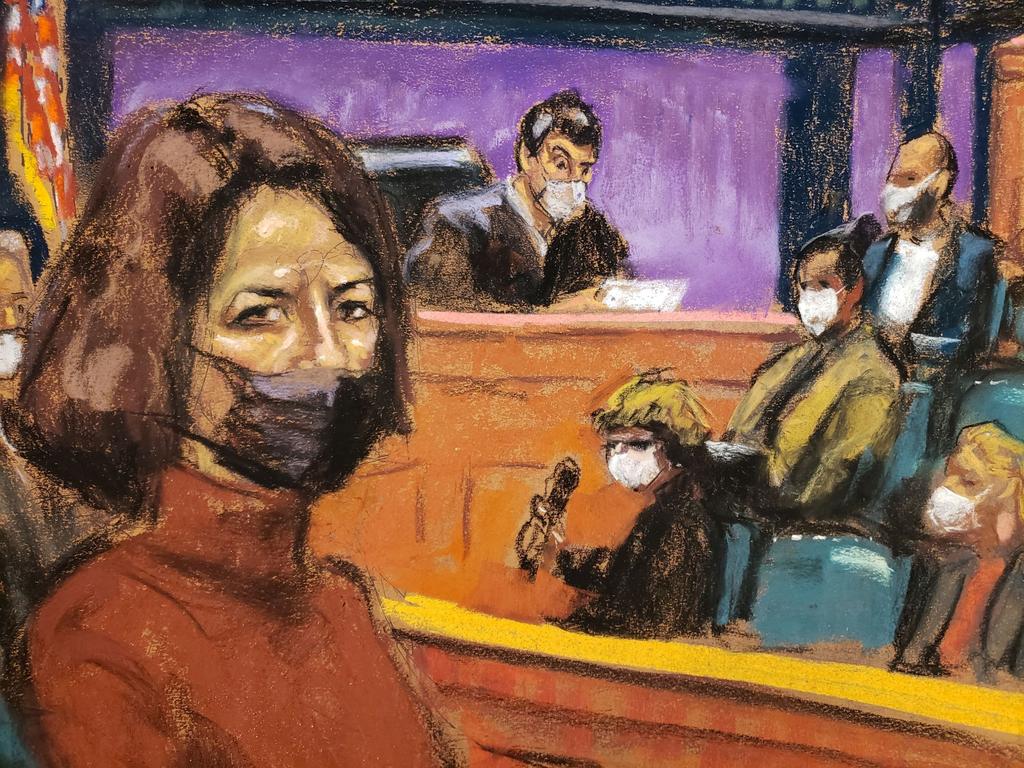
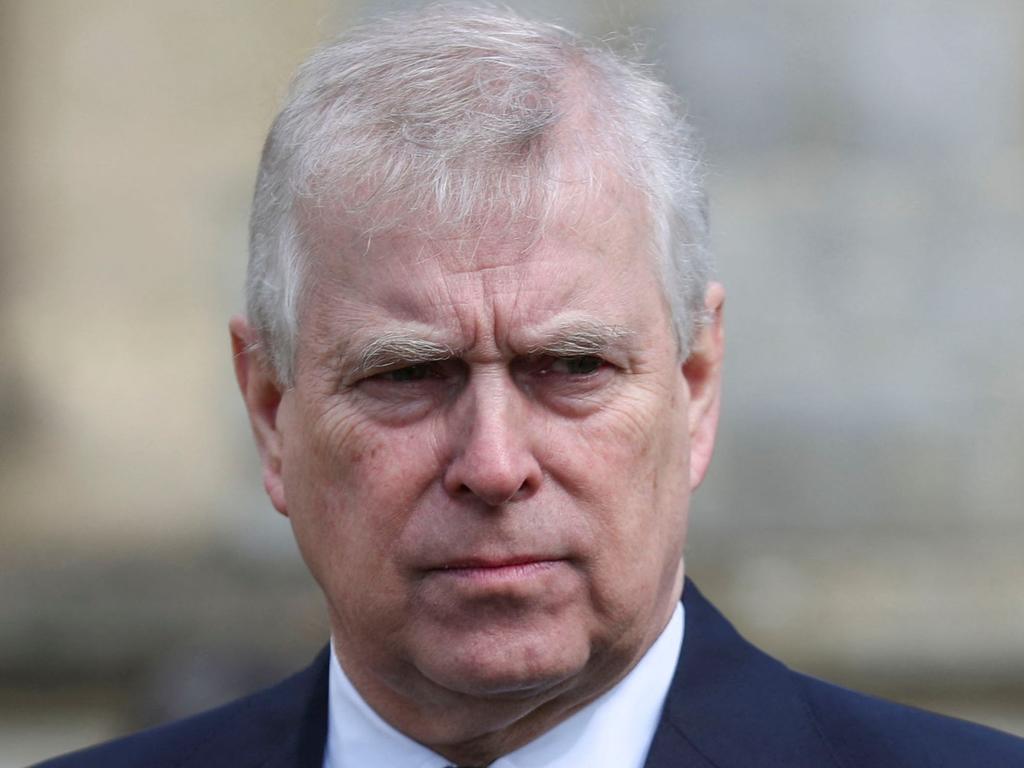
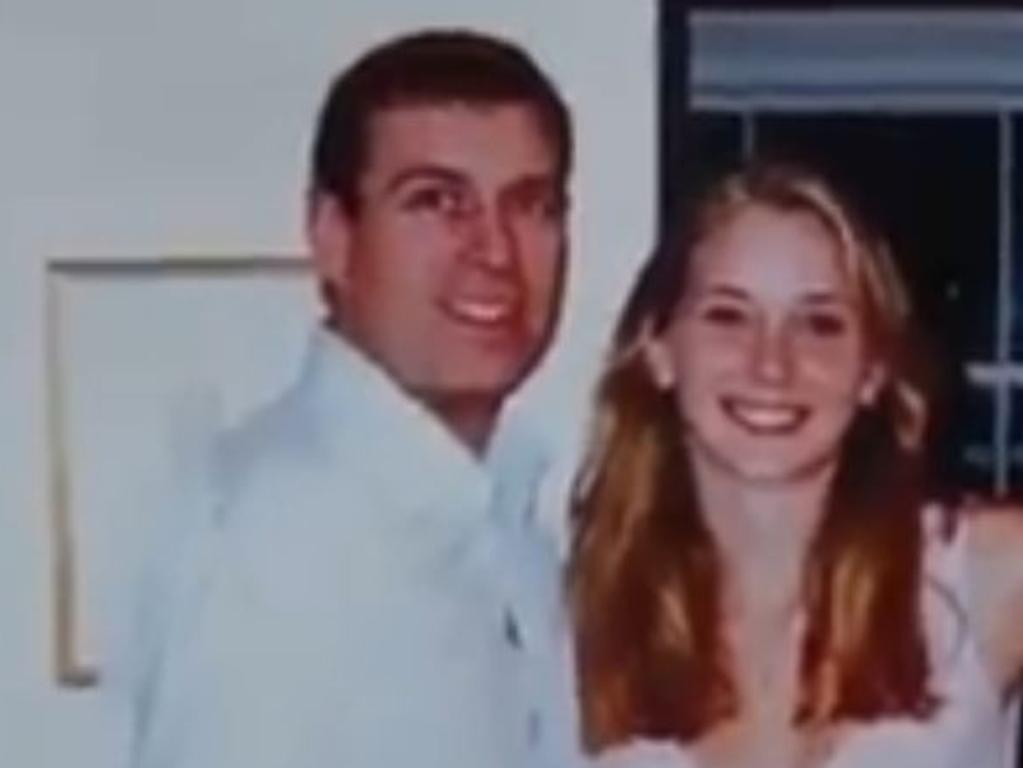
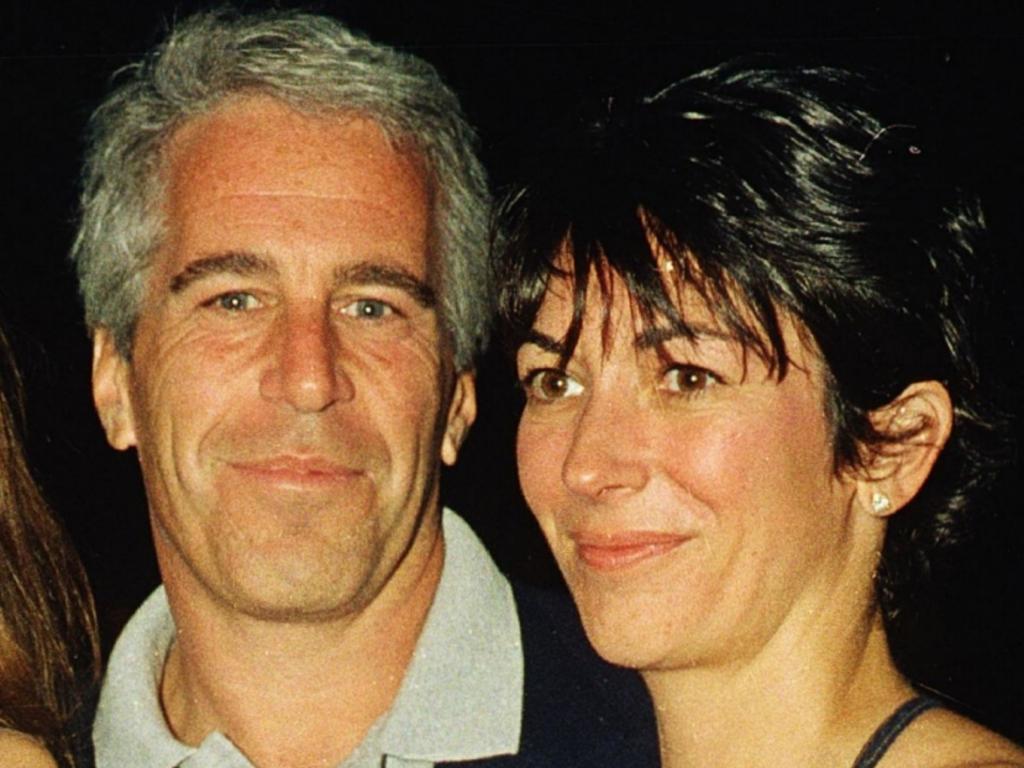
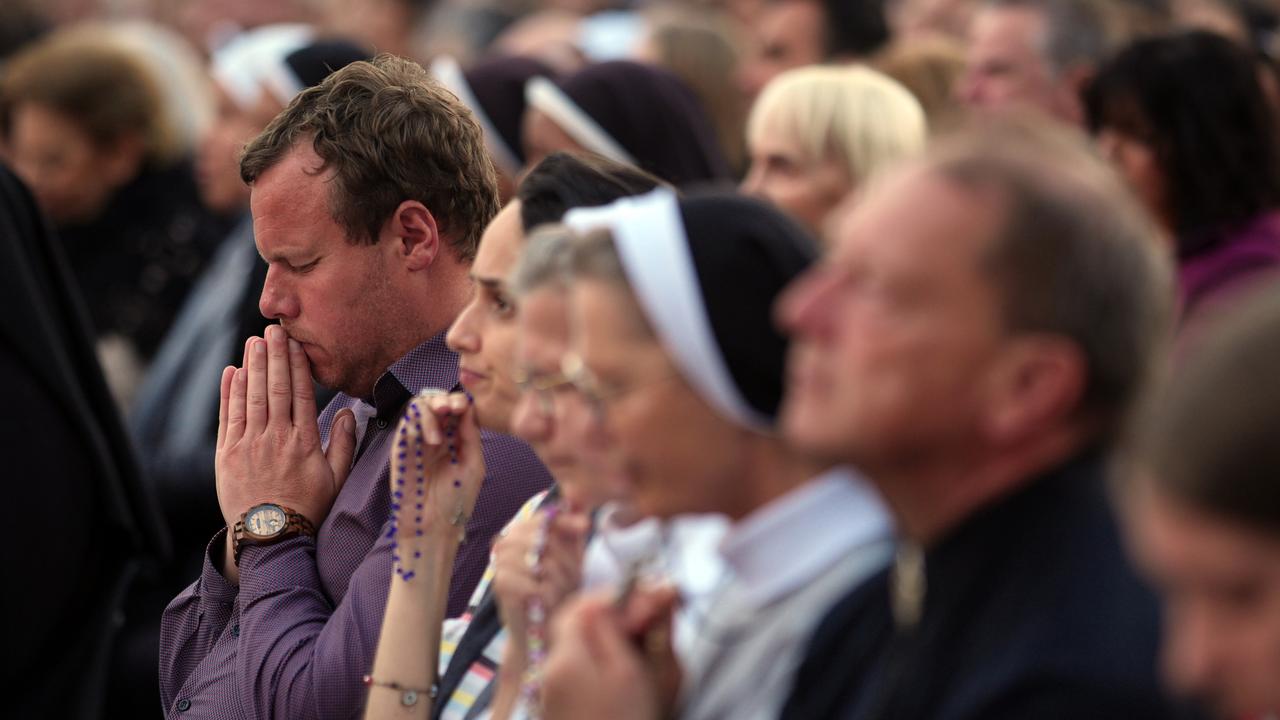

To join the conversation, please log in. Don't have an account? Register
Join the conversation, you are commenting as Logout